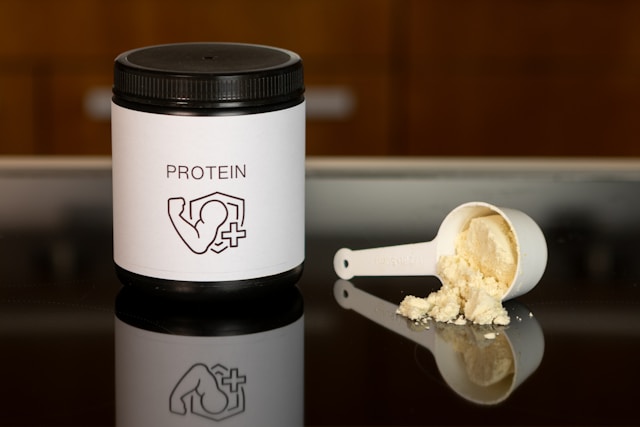Protein Needs: how much is enough
In the fitness, sports performance, and health worlds, protein is the “popular kid.” Carbs and fats, on the other hand, are often labeled as the “enemy.” Though this is somewhat of a misnomer, it’s important to understand the benefits of protein and what protein actually is. (For more on what a real protein is, check out this article.) Carbs and fats are much easier to come by, so many people base their diets primarily on them. In theory, adding more protein to your diet probably won’t hurt, but what are the actual benefits of prioritizing protein over carbs or fats?
Foundation
A well-balanced diet requires an appropriate mix of fats, carbs, and proteins. Many people fail to meet their daily protein needs, making it the missing element in their diet. Instead of overcomplicating things by creating a full diet plan, first focus on improving your protein intake. Identify your daily protein goal and prioritize hitting that number. Often, adjusting your protein intake will naturally balance out excess carb and fat consumption. This approach simplifies diet adjustments, builds healthier habits, and removes unnecessary complexity.
Losing Weight with Protein
As discussed in the foundational role of protein, focusing on one dietary variable can simplify the process of building a healthy diet and make discipline easier by reducing the number of “rules” to follow. For instance, many people consume about 35–60 grams of protein per day. If you determine that your daily needs are 105 grams of protein, you’ll likely find that snacking and excessive intake of carbs and fats decrease as you focus on meeting your protein target. Keep it simple: by addressing one aspect of your diet, other factors will often fall into place.
Protein for Weight Gain
Protein is vital for an athlete’s development and recovery. Many athletes consume less protein than their body actually requires. One protein shake post-workout and three meals a day typically provide only 50–60% of the protein an athlete needs. Identifying your personal protein needs and meeting that goal consistently is an excellent first step for healthy weight gain.
While weight gain can be more nuanced, focusing on protein intake provides a simple, effective starting point.
Fueling the Body: Consistency Matters
Food intake plays a critical role in every aspect of an athlete’s performance, mindset, and body composition. What you put in your body directly impacts your body fat, energy levels, and mental clarity. Adjusting your protein intake is an excellent way to explore these effects. While changes can feel challenging, staying consistent for 4–6 weeks can lead to noticeable results. To ensure you’re on the right track, consult with a knowledgeable diet coach or personal trainer for effective guidance.
Important Note:
Please keep in mind that if you have any medical concerns or are taking medications, you should speak with your physician before making any significant changes to your diet or habits.
#unleashthepotential
Written by:
Kirill Vaks
BA, CSCS
Take action… Now!
Voorhees Flyers Training center.
The Hollydell ice arena, in the main building.



